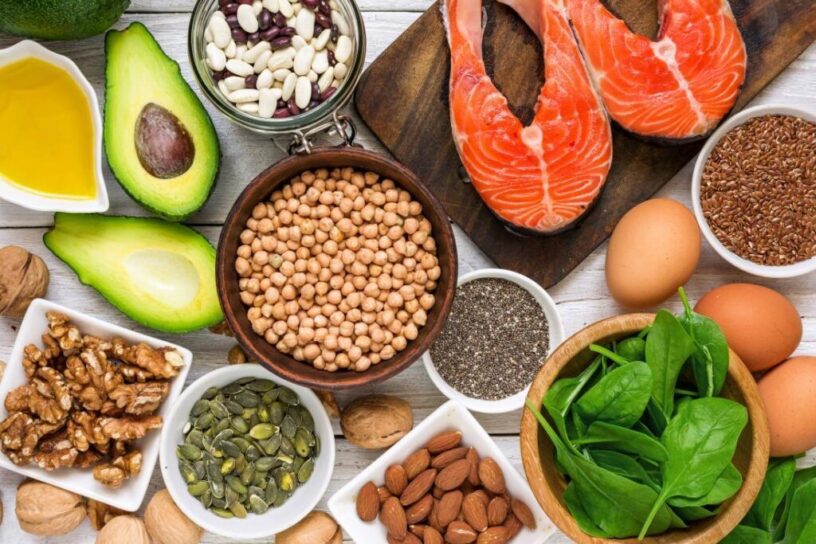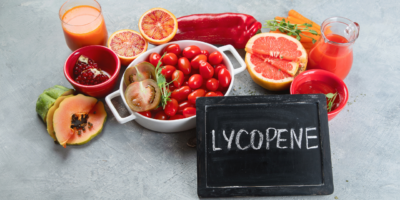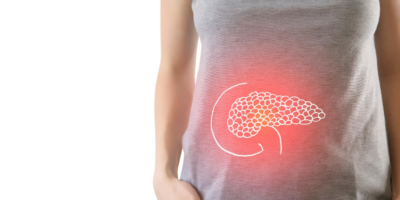Tyrosine (denoted Tyr or Y) or 4-hydroxyphenylalanine is one of the 20 standard amino acids used by cells for protein synthesis. Tyrosine is produced by the body from phenylalanine (another amino acid). They are found in many foods, especially cheese. In fact, the word “tyrosine” comes from the Greek tyros, which means cheese. They are also found in chicken, turkey, fish, dairy products, nuts, beans, oats, and most other high-protein foods. The health benefits of Tyrosine include: treat urinary phenylketonuria, Reduce stress. Let’s find out.


1. Tyrosine helps create several important substances
✅ Tyrosine is available as a dietary supplement. Supplementing with tyrosine is thought to increase levels of the neurotransmitters dopamine, adrenaline, and norepinephrine, which help improve memory and performance in stressful situations. The following are substances synthesized by the body from Tyrosine:
- Dopamine: Dopamine is important for memory, motor skills, and mood improvement.
- Adrenaline and noradrenaline are stress hormones – hormones secreted in stressful situations, to release the body’s energy and prepare for a “fight or escape” situation.
- Thyroid hormone: The thyroid hormone is produced by the thyroid gland and is mainly responsible for regulating metabolism.
- Melanin: This pigment regulates the color of skin and hair. Dark-skinned people have more melanin in their skin than light-skinned people.
2. Top Tyrosine benefits
2.1 Tyrosine benefits: May be beneficial for people with urinary phenylketonuria (PKU)


✅ Urinary phenyl ketone (PKU) is a rare genetic condition caused by a defect in the gene that helps create the enzyme phenylalanine hydroxylase. The body uses this enzyme to convert phenylalanine to tyrosine, which is used to make neurotransmitters. However, without this enzyme, our body can break down phenylalanine, causing it to build up in the body. The main method of treating PKU is to follow a restricted diet of foods containing phenylalanine. In addition, because tyrosine is produced from phenylalanine, people with PKU may have tyrosine deficiency. Tyrosine supplements may be a viable option to alleviate these symptoms. However, the authors note that more studies are needed before tyrosine supplementation may be recommended for the treatment of phenylketonuria.
2.2 Tyrosine benefits: Reduce stress


✅ Stress can negatively affect reasoning, memory, and concentration by reducing nerve conduction. When supplemented with tyrosine, they had a significant improvement in the increase in neurotransmitters and memory recovery. In a study of 22 women, tyrosine significantly improved memory when working in a stressful working environment compared to the control group. In a similar study, 22 participants were given tyrosine or a placebo before completing a cognitive flexibility measurement test. Tyrosine has been significantly more effective than a placebo in improving cognitive acumen. In addition, Tyrosine has also been shown to benefit people who suffer from sleep deprivation. A single dose was able to help those who lost sleep one night more than three hours awake than the control group.
✅ These two assessments conclude that tyrosine supplementation can prevent mental decline and improve cognition in short-term stressful situations.
3. Foods that contain Tyrosine


✅ Tyrosine is an amino acid that helps Adrenaline and Dopamine (a chemical in the brain) work properly for their function. Most people have the ability to make Tyrosine themselves using another amino acid, Phenylalanine. However, there are some people with an inherited disease called Phenylketonuria, a disorder that causes the body with Enzyme deficiency to convert Phenylalanine into Tyrosine, so they need to provide Tyrosine through foods. Here are the richest Tyrosine food sources:
- Spirulina: Spirulina is a type of spirulina that is rich in Tyrosine and many other important nutrients. You should use spirulina in its raw form, 200 calories of spirulina in its raw form will provide more than 2040 mg Tyrosine. Spirulina also helps lower cholesterol and also provides potassium, magnesium, and Pantothenic acid (an acid that is essential for human development).
- Foods made from soy: Foods made from soy are one of the most Tyrosine-rich foods. Soy milk, roasted soybean seeds, soy sauce, fermented soybeans, soy protein extracts, and tofu are all good sources of this amino acid. These foods can provide up to 2000 mg of Tyrosine. In addition, whole soy nuts also provide more fiber and protein, and other essential nutrients for the body.
- Chicken eggs: Chicken eggs in particular and eggs, in general, are home to nutritious vitamins. Every 200 calories of chicken eggs contain up to 1900 mg of Tyrosine. Each average egg weighs about half an ounce will give you about 250 mg of Tyrosine. In addition to eggs, milk and dairy products can also provide Tyrosine to your body.
- Cheese: A 200-calorie piece of cheese can contain up to 1840 mg of Tyrosine, and that makes cheese one of the second-most Tyrosine-rich foods after eggs. The most common cheeses that contain this Tyrosine amino acid are Swiss cheese, Italian Parmesan cheese, mozzarella cheese, Swiss gruyere cheese, and fresh cheese. Experts all agree that the lower the fat, the higher the amount of Tyrosine, and the healthier it is.
- Fatty fish: Fishes are a good source of nutrients and Tyrosine is one of them. Fatty fish in particular has even higher Tyrosine content. Every 200 calories of salmon meat can contain up to 1770 mg Tyrosine. In addition, fish meat is also very good for health, can help us enhance brain functions as well as cognition. Some of the Tyrosine-rich fish include mackerel, ocean tuna, cod, shrimp, and crab.
- Poultry: Chicken and turkey are another way you can add Tyrosine to your body. In particular, turkey contains higher levels of Tyrosine than chicken, every 200 calories of turkey meat can provide up to 1600 mg Tyrosine. Although chicken is lower in Tyrosine than turkey, chicken is also a good source of Tyrosine if you want to add Tyrosine.
- Beans and whole grains: Mustard greens contain about 1580 mg Tyrosine per 200 calorie serving. In addition, nuts and lentils also contain Tyrosine. Make sure you include lentils, split beans, kidney beans, and chickpea in your diet. You should also use whole grains like wild rice, brown rice, millet, and oats.
- Nuts: Pumpkin seeds are one of the best sources of Tyrosine for you. Other nuts that are also rich in Tyrosine include sunflower seeds and chia seeds. Also nuts like almonds and walnuts and nuts like pine nuts, flax seeds, and pistachios also contain a lot of Tyrosine. These nuts are very easy to eat so you can use nuts to provide more Tyrosine to the body. Not only that, but nuts also bring a lot of other benefits that you cannot ignore.
4. Notes when using Tyrosine
✅ Ideally, you should add Tyrosine from the food. However, in some cases, you need supplements that contain the Tyrosine ingredient. When using this format, you should note the following:
- Side effects of tyrosine include nausea, heartburn, headache, joint pain, or feeling tired. Although rare, allergic reactions may occur.
- People with hyperthyroidism should not take tyrosine without a doctor’s supervision, because the body uses tyrosine to make thyroxine, a thyroid hormone.
- The safety of supplements in pregnant women, nursing mothers, children, and people with medical conditions or taking medications has not been established. You should consult a physician before use.
- Dosage: No recommended daily dose for tyrosine. Therefore, you should consult the manufacturer for each specific case.
Recommended for you
🎁 NOW Supplements, L-Tyrosine 500 mg, Supports Mental Alertness, Neurotransmitter Support


✅ Since 1968 NOW has been a leader in the natural products industry. Even when healthy foods and natural supplements weren’t mainstream, we’ve never wavered from our mission – to provide value in products and services that Empower people to lead healthier lives.
✅ L-Tyrosine is a conditionally indispensable amino acid required for the production of the neurotransmitters dopamine, adrenaline, and noradrenaline, as well as for the skin pigment, melanin. Noradrenaline (norepinephrine) and adrenaline (epinephrine) are the main actors in the body’s response to acute stress and, along with dopamine, help to support a positive mood and mental alertness. The L-Tyrosine used in this product is Pharmaceutical Grade. Directions: As a dietary supplement, take 1 capsule 1 to 3 times daily, preferably between meals. Persons with thyroid disease (hyperthyroidism), melanoma, or those taking MAO inhibitors or other mood-altering medications should seek the advice of a physician before consuming this product.






Leave a Reply